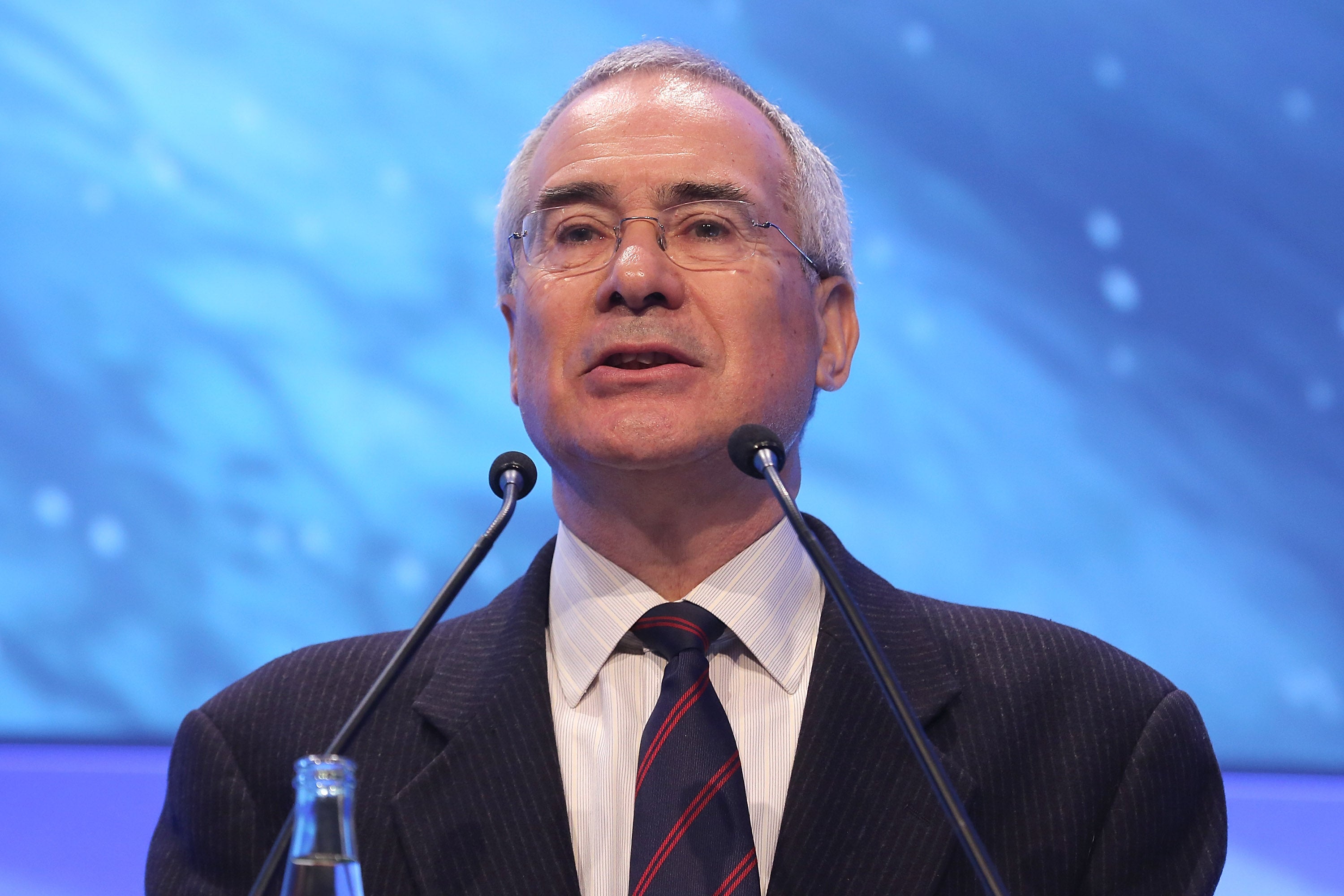Cop26: Rich nations must mend broken trust over climate
Affordable investment and technological innovation mean there is huge potential to make money work for the climate challenge, writes Phil Thornton – and the challenge of Cop26 is to turn that optimism into action


When the rich nations’ negotiators pledged at the 2009 climate summit in Copenhagen to provide $100bn a year of climate finance to developing countries by 2020, this must have been seen as achievable.
Even after the shock of the global financial crisis, the annual output of the G7 group of rich nations was $31.9 trillion, or more than 300 times the pot of money needed to help poor countries.
But to precisely no one’s surprise, the UK presidency of the Cop26 climate summit, that began in earnest on Monday, admitted last week that new analysis showed the $100bn goal was unlikely to have been met in 2020 and is likely to also fall short in 2021 and 2022.
Climate observers already had an inkling because the OECD, the wealthy nations’ think tank that monitors this, said in September that the flow from rich countries to poor in 2019 totalled $79.6bn, up 2 per cent from $78.3bn in 2018. Three major economies, the US, Australia and Canada, provided less than half their share.
To achieve $100bn this year would have required a 27 per cent jump from last year, the peak of the coronavirus pandemic.
Public climate finance from developed countries reached $62.9bn in 2019, of which government funding accounted for $28.8bn, down 10 per cent from 2018. Finance from multilaterals such as development banks did better, up by 15 per cent from 2018 but the level of private climate finance mobilised was down 4 per cent to $14bn.
The public sector says it is stepping up. US president Joe Biden has pledged to double its contribution to $11.4bn, but that is for 2024 and has not been approved by Congress. Rich countries are expected to promise at Cop26 to deliver at least $500bn to developing nations by 2024. That may be too little, too late.
The figures are not that important – it is eye-catching but a drop in the ocean compared with the global need. For example, the Energy Transitions Commission last year suggested that, on average, additional investments of about $1.6 trillion a year will be required over the next 30 years to decarbonise the world economy.
It is not the most important goal to be achieved at Cop26, which is to keep the increase in temperatures above pre-industrial levels to less than 1.5C. It is not even the most important economic target, which must be to increase the share of assets under management that are focused on climate goals.
The private financial sector has a long way to go too. A sample of 36,500 funds by the International Monetary Fund showed just 200 had a climate specific theme, representing $130bn out of a total of $49 trillion under management (0.3 per cent).
But action this week to show that rich countries are prepared to belatedly hit that target will be a strong signal to emerging and developing countries that have come late to the industrialisation party that advanced economies will do their bit.
Lord Nicholas Stern, speaking last week at the London School of Economics, where he is a professor, to mark the 15th anniversary of his eponymous 2006 report into the economics of climate change was clear.

Delivering on the $100bn commitment and acting decisively to alleviate the debt constraints on low income countries will be critical to unlocking climate investments.
“This was on the basis of trust and it was trust that wasn’t actually delivered on,” he said. “It’s probably just a couple of years away now but we’ve got to look at the how we go beyond the $100bn.”
The private sector is certainly sending the right signals. The Glasgow Financial Alliance for Net Zero (GFANZ), chaired by Mark Carney, former Bank of England governor and now UN special envoy on climate action and finance, brings together more than 160 firms (together responsible for assets in excess of $70 trillion).
GFANZ, which includes 43 members of the Net-Zero Banking Alliance, will work to mobilise the trillions of dollars necessary to build a global zero emissions economy and deliver the goals of the 2015 Paris Agreement. Stern says that at the start of 2020, asset managers who were committed to net zero held just $5 trillion of assets.
But just as governments can let hard deadlines slip, the private sector will be even harder to monitor. Stern says he hopes that at some point companies that drag their feet would be expelled from bodies such as GFANZ to send a message to the investors and employees they are seeking to reassure with their pledge.
“I think kicking some people out who are demonstrably not doing it would be quite a big deterrent because they want to show – to attract investors and to attract employees – that they’re doing something which is not only profitable because you’ve got to be profitable to survive, but also good for the environment.”
There are many reasons for hope as Cop26 begins: near-zero interest rates make investment affordable and technological innovation has seen the cost of green energy plummet. There is huge potential to make money work for the climate challenge, and the challenge of Glasgow is to turn that optimism into action.
Join our commenting forum
Join thought-provoking conversations, follow other Independent readers and see their replies
Comments
Bookmark popover
Removed from bookmarks